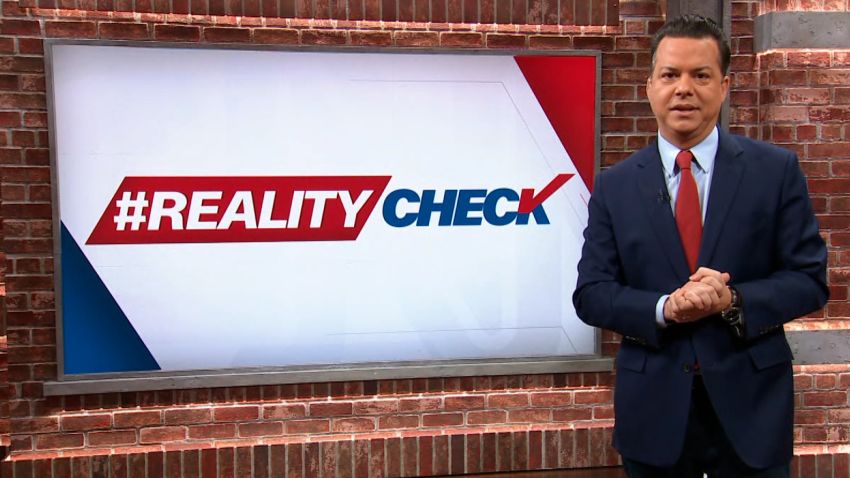Editor’s Note: Brad Meltzer is a bestselling author, and his newest thriller, “The Lightning Rod,” is now on sale. The views expressed in this commentary are his own. Read more opinion articles on CNN.
I got the news on Twitter: Someone told me our kids books, “I am Rosa Parks” and “I am Martin Luther King, Jr.” had been banned. Can’t be, I thought. But it was true.
In Pennsylvania, after the Central York School District’s diversity education committee recommended 200-plus books as anti-racist resources, the school board vetoed the entire list in November 2020.
The list included books by Malala Yousafzai, an adaptation of “Hidden Figures,” a Sesame Street book about racism, and yes, books written by me and illustrated by Chris Eliopoulos on Rosa Parks and Dr. Martin Luther King. Central York School Board members called the reading list “divisive” and “bad ideas.”

The community immediately mobilized. I teamed up with local activists and incredible students, all of us speaking at a local school board meeting. Thankfully, the so-called “freeze” on these books was withdrawn in September 2021. “Victory!” we declared, though we all knew this was one battle in a larger war.
In truth, the Central York school board didn’t back down simply because we had the better argument (which we did). They backed down because they screwed up. They picked a fight against Rosa Parks and Dr. King, prompting universal outrage. Fox News, CNN and MSNBC all were aghast, and when those three agree, you know you went too far. There are some things that, as Americans, we still agree on.
The problem is, over the past few months, book banners have gotten smarter about which books they target. Instead of banning Rosa Parks and Dr. King, they set their sights on “New Kid” by Jerry Craft, a graphic novel about a Black child attending a mostly white private school. In Texas, just last month, they just pulled 130 “inappropriate” books from the shelf, making it one of the biggest book removal pushes in decades.
New laws are being written to eliminate books that discuss gender identity and sexual orientation. And of course, there’s the tried-and-true favorite: censoring anything “sexually explicit,” which was the recent justification from a Tennessee school board to ban Art Spiegelman’s “Maus,” a classic graphic novel about the Holocaust (which my 8th grade son happened to be reading for school the same week).
As the midterm elections approach, it’s only going to get worse. Historically, we shouldn’t be surprised. Soon after Harriet Beecher Stowe’s “Uncle Tom’s Cabin” was published in 1852, it became what many believe to be the first book in the United States to be banned on a national level. Slave owners didn’t like its pro-abolitionist arguments and they really hated that it encouraged people to debate and condemn slavery. Simply put: the book terrified them, threatening their way of life.
It’s the same decade after decade, century after century. Chinese Emperor Shih Huang burned all the books in his kingdom in 212 B.C. so history could start with him. Targeted books have also included Martin Luther’s German translation of the Bible in 1624, Shakespeare’s “King Lear” in 1788, Mark Twain’s “Huckleberry Finn” in 1885, “Alice in Wonderland” and “Sherlock Holmes.” And in the early Reagan years, the “challenges to books made by school boards and libraries rose dramatically.” Former director of the American Booksellers for Free Expression Chris Finan explained at the time, “suddenly we were facing 700-800 challenges a year.”
Every one of these book bans was motivated by fear and a need for power and control. It’s not surprising to find censorship when people’s grip on power is threatened.
So how do we respond to the current wave of censorship? We follow the lessons of Dr. King and Rosa Parks: We fight back.
When my own books were banned, I encouraged people to buy every book on the banned list. In the end, local activists and librarians reported strangers across the country had purchased and donated over 5,000 books, enough for every student in the district.
We can also exercise our power at the ballot box. As the general counsel of the National Association of Secondary School Principals replied in the Reagan era, “There’s a remedy for such bad decisions: vote ‘em out of office.”
The road will be hard, but I believe in the end, we will win. Throughout history, if you’re on the side of banning art, you eventually will lose. And you want to know why? Because fearmongering has no chance against the most powerful thing in the universe: an idea. That’s what books are, compilations of ideas. And nothing can stop an idea.
From censoring anti-slavery books in the Civil War, racy books in the 80s, rap music in the 90s, or the books about gender identity, sexual orientation and racial injustice that are being targeted today, the “concerned citizens” fighting to make sure their way of life is undisturbed “by uncomfortable ideas” will eventually be revealed as the villains of the story. If you’re cheering as books are pulled from the library, you’re on the wrong side of history.

